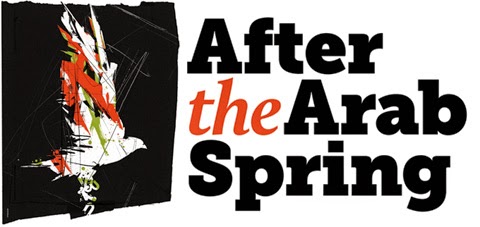The Arab Spring proved everyone wrong

Lazarus Sauti The Arab Spring is a revolutionary wave of demonstrations and protests (both non-violent and violent), riots, and civil wars in the Arab world that began on the 18 th of December 2010, according to Wikipedia. By December 2013, rulers had been forced from power in Tunisia, Egypt and Libya. More so, major protests had broken out in Algeria, Morocco and Sudan; and minor protests had occurred in Mauritania, Djibouti and Western Sahara. “Weapons and Tuareg fighters returning from the Libyan Civil War stoked a simmering conflict in Mali which has been described as ‘fallout’ from the Arab Spring in North Africa, and the sectarian clashes in Lebanon were described as a spillover of violence from the Syrian uprising and hence the regional Arab Spring,” Wikipedia asserts. Without doubt, the West contributed immensely to the Arab Springs; they wanted to install “who they think was proper and nice for these countries.” Leaders from Western countries also tried to ins






